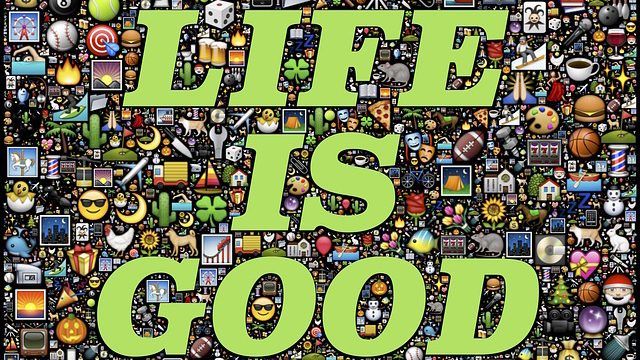The ancient philosopher Heraclitus said that “Life is Flux”. That statement has important meaning to how a business should connect with its customers. Consumers’ needs change constantly depending on what is happening in their life at the moment. It is impossible to catch every ripple in life. But a business needs to anticipate and respond to the most significant life events in order to build long-term loyalty. The first step is to understand what it means to have a significant life event, what happens to consumers during that time, and how it manifests in consumers’ activities. I will offer some answers in this article based on my own and others’ research in this area.
Consumers’ Experience of Significant Life Events
Significant life events abound in everyone’s life. Some of these are positive events, such as getting married, having a baby, or getting promoted at one’s job. Some are not so happy, such as getting a divorce, losing a loved one, or getting laid off. There are also events with bittersweet feelings such as retirement and sending kids off to college. Whether good or bad, these events are considered “significant” because they change our identity. That is, who we are as a person. For example, getting married means the addition of a new role as a husband or wife. Losing one’s job means the loss of an existing role as a worker and bread earner.
Such role transitions and identity shifts often create a sense of instability and can be quite stressful to the person going through the transition. To cope with the demand of role transition, existing research shows that one can simply cope with the emotional stress itself, or one can take a more proactive approach to do one or both of two things: (1) clarifying what one’s role will be following the significant event; and (2) adjusting one’s resource mix to be prepared for the new role.
Continue reading “Predicting Significant Customer Life Events”